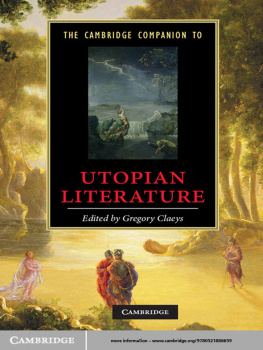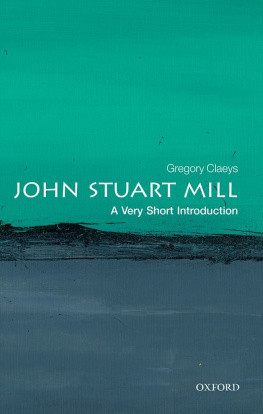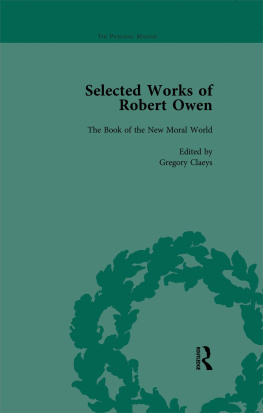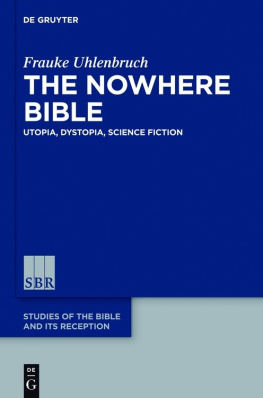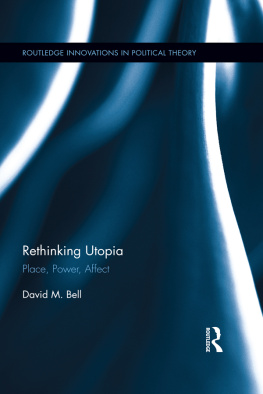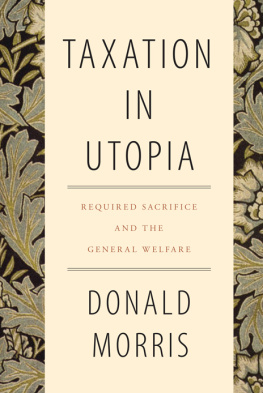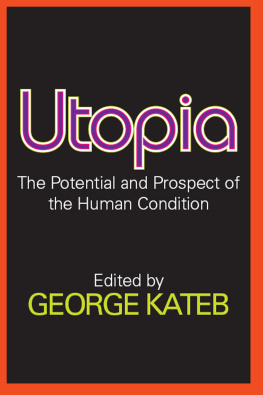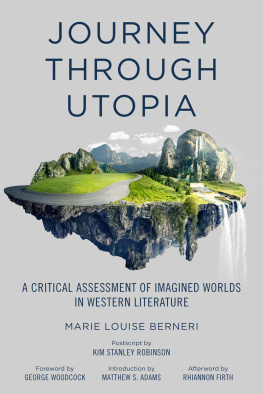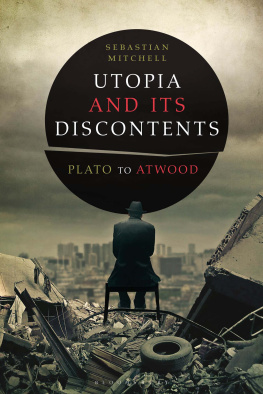PREFACE.
Every seeker after truth and reform is entitled to recognition, even if his ways and methods are not ours. Mr. Edward Bellamys book: Looking Backward, is an effort to improve the lot of mankind and therefore commendable, but his reform proposition, stripped of its fine coloring, is nothing but communism, a state of society, which has proved a failure whenever established without a religious basis and which without such basis is en vogue today only among some barbarous and cannibal tribes.
Chicago has for the last fourteen years been the centre of the communistic and anarchistic agitation in the United States, and in defending the fundamental principles of American institutions against these theories, that were imported from the overcrowded industrial centres of Europe, I became quite familiar with them as well as with the notions and peculiarities of social reformers, who imagine themselves in possession of an infallible receipt to perfect not only all human institutions but also human nature.
Of course Mr. Bellamy holds more moderate views than those Spies and Parsons proclaimed, but he has this much in common with the Anarchists and Communists of Chicago: he has become incapable of passing a fair judgement upon our present institutions, conditions and men; he overlooks all difficulties in the introduction of his proposed changes, he really believes his socialistic air-castles must spring into existence very soon and without obstruction, and he populates his fairy palaces with angelic human beings, who would never by any possibility do anything wrong. The surmise, that men and women in a communistic state, would put off all selfishness, envy, hate, jealousy, wrangling and desire to rule is just as reasonable as the supposition, that a man can sleep one hundred and thirteen years and rise thereafter as young and fresh as he went to bed.
What queer methods reformers sometimes advocate! John Most would in the name of equal rights to all, first kill all men who are not in absolute sympathy with his opinions, then abolish all laws and all officers, and then let nature take its course.Mr. Bellamy on the other hand would, also in the name of equal rights, deprive all the clever and industrious workers of a large or the largest part of the products of their labor for the benefit of their awkward, stupid or lazy comrades! And this would be what Mr. Bellamy is pleased to style justice and equality!
And for the purpose of reaching this state of mock-equality, Mr. Bellamy would as a matter of course have to sacrifice competition, the gigantic power that elevated us all and Mr. Bellamy with us to the present state of evolution! It is true that competition has been and is now abused, but every institution is subject to abuse and the misuse of a thing does not demonstrate that the thing in itself is wrong. Nobody can deny that competition during the centuries of Christian civilization has developed the brains and muscles of the human race and that the continuous best efforts of humanity, stimulated by competition during these many centuries, have lifted our race to a standard where the mode of living of common laborers is more comfortable and desirable than the everyday existence of the Kings of which Homer sings.
Every generation has to battle with certain problems, and it is the lot of ours to overcome the difficulties between capital and labor, that have been increased by the change in the methods of production since the discovery of steam power.
We have to find ways and means not to avoid productive work (spoken of by Mr. Bellamy as an evil), but to cure the brain cancer of our days: the permanent uncertainty of subsistence and the fear of poverty. And we accomplish this by co-operation and by mutual insurance companies, without retrograding to communism, that most barbarous state of society.
The imperfect nature of man characterizes, as a matter of course, all human institutions and it is the easiest thing in the world, by looking backward, to find fault with living men as well as with the present state of affairs and to build air castles inhabited by angels only.
I will now look forward! By demonstrating what would be the logical conclusion of Mr. Bellamys story, if fairly continued, I purpose to show that he first tries to establish absolute equality and then, despairing of success, advocates an inequality in many respects more oppressive than the present state of things. I intend to demonstrate, that under the regime, proposed by Mr. Bellamy, favoritism and corruption would be very potent factors in public life. I expect to set forth that personal liberty would fare so badly in Mr. Bellamys United States, that the proud and independent American people would never tolerate such a system, and to prove beyond a reasonable doubt, that the people would be much poorer in Mr. Bellamys condition of affairs, than at the present time.
I do not deny that our society stands in need of many desirable reforms; but I am not prepared to follow blindly Mr. Bellamy, John Most, or anybody else, who pretends that he is ready to deliver humanity from all evils on short notice, and I do not intend to jump head over heels into the dark.
If Mr. Bellamy and his followers are quite sure that they can establish the millennium, let them try it, like the communists of the Amana Society who have started a community in the state of Iowa on a religious basis. There are many thousands of acres of good government lands left, where Mr. Bellamy and his friends may settle and show the world what they can do! But they should not ask the people of the United States to break up their present form of government and state of society, before they have given their theories a trial and proved that their calculations are correct.
Richard Michaelis.
Chicago , April 1890.
CHAPTER I.
For the purpose of introducing myself to those readers of this book, who are not familiar with the contents of Looking Backward, edited by Mr. Edward Bellamy, I will recapitulate the remarkable events of my life up to the end of that extraordinary narrative.
Born in Boston on the 26th day of December 1857, I was baptized Julian West, was educated in the schools and colleges of my city, but, being in possession of a handsome fortune, did not devote myself to any particular profession or trade. I became engaged to Miss Edith Bartlett, a young lady of great beauty, and it was our intention to marry as soon as my new house should be ready for occupation. The completion of the building was frequently delayed by strikes of masons and carpenters, and I occupied still the old fashioned house, where my family had lived for three generations.
Suffering from insomnia, I had prepared in the basement and under the foundations of the old building, a large vault, where the noises of a great city would not disturb me. This vault was absolutely fire-proof, and fresh air was assured by means of a small pipe running up to the roof of the house.

